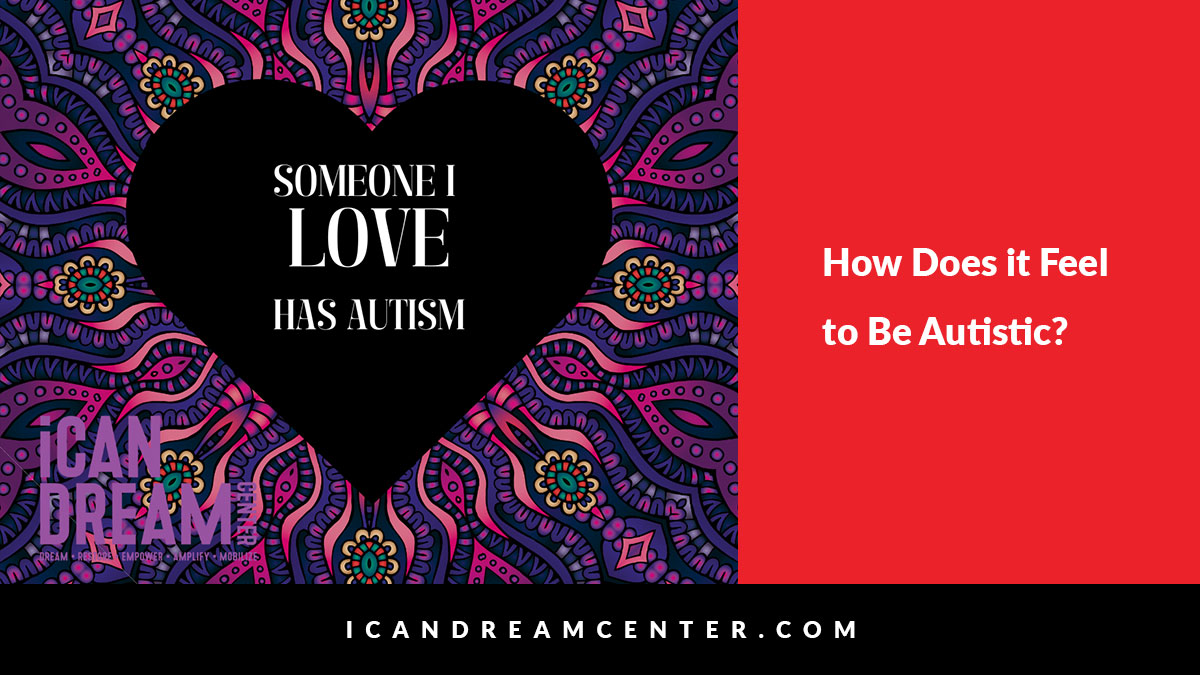
How Does it Feel to Be Autistic?
Autism, or Autism Spectrum Disorder, is a neurological condition that affects an individual’s communication, social interaction, and behavior. Autism is a spectrum disorder, which means that the severity of the symptoms can vary widely from person to person. People with autism may experience challenges in daily life, but they can also have unique strengths and talents. In this blog post, we will explore what it feels like to be autistic.
Sensory Overload
One of the most common experiences of people with autism is sensory overload. This occurs when a person is exposed to an overwhelming amount of sensory information, such as loud noises, bright lights, or strong smells. People with autism can have a heightened sensitivity to sensory information, which can cause them to feel overwhelmed, anxious, or even in pain.
For example, the sound of a vacuum cleaner or a hairdryer may be unbearable for some people with autism. In crowded places like shopping malls or concerts, the noise level can be overwhelming, causing anxiety or even a panic attack. Bright lights or flashing lights can also be distressing for people with autism, making it difficult to focus or function.
Communication Difficulties
Another common experience for people with autism is communication difficulties. People with autism may struggle to understand nonverbal cues, such as facial expressions or body language. They may also have difficulty with verbal communication, such as understanding sarcasm or humor.
People with autism may have a different way of communicating than neurotypical people. Some may prefer to communicate through written text, while others may use assistive technology such as speech-generating devices. It’s important to remember that just because someone with autism communicates differently, it does not mean that they are less intelligent or less capable.
Social Interaction Challenges
People with autism can have difficulty with social interaction. They may struggle to make friends, maintain friendships, or understand social norms. This can lead to feelings of isolation and loneliness.
People with autism may also have difficulty with empathy, or understanding the emotions of others. This does not mean that they are uncaring or selfish, but rather that they may have difficulty reading facial expressions or body language.
Special Interests and Strengths
Despite the challenges that come with autism, many people with autism also have unique strengths and talents. People with autism may have a special interest or hobby that they are passionate about. They may also have an exceptional memory or attention to detail.
It’s important to recognize and support these strengths and interests, as they can be a source of joy and fulfillment for people with autism.
Being autistic can be a challenging experience, but it’s important to remember that every person with autism is unique. By understanding and accepting people with autism, we can create a more inclusive and supportive society. It’s important to listen to their needs, celebrate their strengths, and provide them with the resources they need to thrive.
